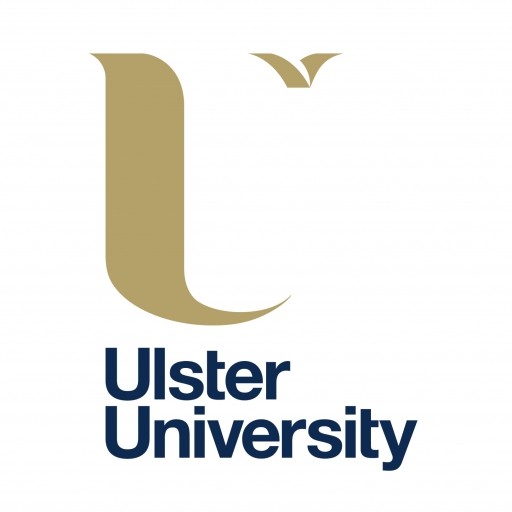Photos of university / #ucl
The Marine Engineering MSc is concerned with the design, analysis and operation of machinery and systems for merchant and naval ships and submarines. The programme covers a wide range of engineering subjects relevant to the development and procurement of marine engineering, and the programme features two parallel mechanical and electrical streams.
The programme comprises study in analysis and design of propulsive systems and auxiliary equipment for the latest compliant marine vessel designs as well as the use of computers in advanced engineering analysis. Students develop an understanding of elements of engineering, alongside the skills necessary to apply their knowledge in a systematic and effective manner in a group ship design exercise and an individual project.
Students undertake modules to the value of 180 credits. The programme offers two parallel streams, mechanical and electrical.
The programme consists of four core modules (60 credits), two options (30 credits) a ship design exercise (45 credits) and an independent project (45 credits).
Core modules
- Advanced Computer Applications in Engineering
- Applied Thermodynamics and Turbomachinery
- Power Transmission and Auxiliary Machinery Systems
- Vibrations, Acoustics and Control
Optional modules
- Either:
- Heat Transfer and Heat Systems (Mechanical Stream)
- Materials and Fatigue (Mechanical Stream)
- Or:
- Electrical Machines and Power Electronic Systems (Electrical Stream)
- Electrical Power Systems & Electrical Propulsion (Electrical Stream)
Dissertation/report
All students complete a ship design exercise, working on the design of a specific vessel, and undertake an independent research project which is either analytical or design, build and test in nature.
Teaching and learning
This dynamic programme is delivered through a combination of lectures, seminars, tutorials, coursework exercises and case studies. The taught courses are assessed through formal examination and coursework, the ship design exercise is assessed through a report and oral presentations, and the individual project is assessed through a report and presentation. Visits to the marine industry are also offered.
A minimum of a second-class Bachelor's degree from a UK university in a suitable engineering subject or an overseas qualification of an equivalent standard. Candidates with qualifications in other subjects such as physics will be considered. A knowledge of fluids and thermodynamics is essential together with an understanding of basic electrical engineering. Ideally candidates will have had some experience of the marine environment.







